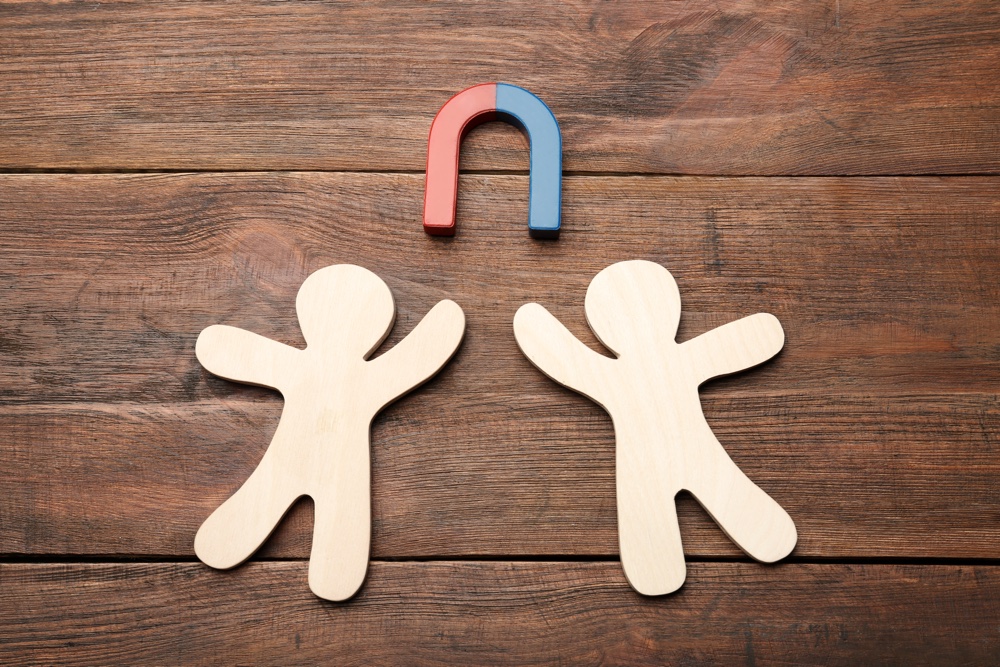The most gratifying thing about doing research is when your findings solve a problem or otherwise make a difference.
Researchers also love it when their studies start a conversation. We had the good fortune to do just that with a study we recently did with Radio Connects on how each type of audio—broadcast radio, podcasts, music streaming and owned music—brings unique benefits to its listeners.
Fred Jacobs of Jacob Media Strategies picked up on our study and posted his blog around the key findings for radio: Unlike other audio, listeners most commonly go to AM/FM Radio “to get information” and “to feel connected” and they are most likely to listen while they’re in the car commuting or while going shopping or doing errands.
These findings have implications for both radio programmers and sales teams.
Sales Opportunities
On the sales side, AM/FM Radio emerges as the first option for advertisers to reach listeners when they are on-the-go and ready to make a bricks-and-mortar purchase.
Perhaps more important, its lean-in nature gives radio an attention advantage. We’ve seen this in other research we have conducted with Radio Connects. In our Radio on the Move 2021 study, listeners to music-based radio stations were more likely than listeners to ad-supported music streaming services to say they pay attention to what’s between the songs.

Programming Implications
Our finding that radio uniquely makes its listeners “feel connected” spurred the conversation in the reader comments to Fred’s blog. How does radio leverage that sense of connection at a time when social media has become the top-of-mind connector? Is radio missing the point by continuing to promote “10-in-a-row” and the like?
These are key questions that have us thinking about follow-up research that would come up with some answers.
It also draws us back to a question we asked music streamers in our latest Radio on the Move study. Most music streamers also listen to broadcast radio. In fact, 21% of streamers say they listen to 2+ hours of AM/FM in a typical weekday.
We wanted to know why these heavy music streamers still include radio as a big part of their daily routine. While the ease and convenience of radio tops the list, listener connections were among the most important reasons—in particular, the ability to connect to ‘now.’

Surprisingly, fewer listeners checked off “personalities – the human connection” as a drawing card.
We’ve seen this in other studies over the years and it raises some questions of its own. Are radio hosts really that unimportant, or do their contributions play more of a supporting role, as providers of information and companionship? Or, by limiting hosts to be service providers or format functionaries, is radio holding back the potential of hosts to play a starring role? If programmers loosened the leash on their personalities, would that add to radio’s unique value proposition?
Lots of questions mean more fodder for conversation and, as a researcher, more opportunity to explore how radio can best re-imagine itself in what is a new and expanding landscape.
We’d love to hear your thoughts—and your questions. Just drop me an email or share the blog and your comments on social media and we’ll keep the conversation going.
